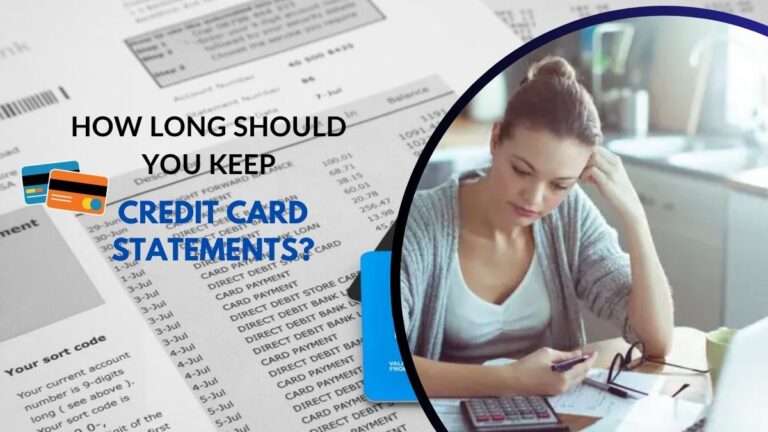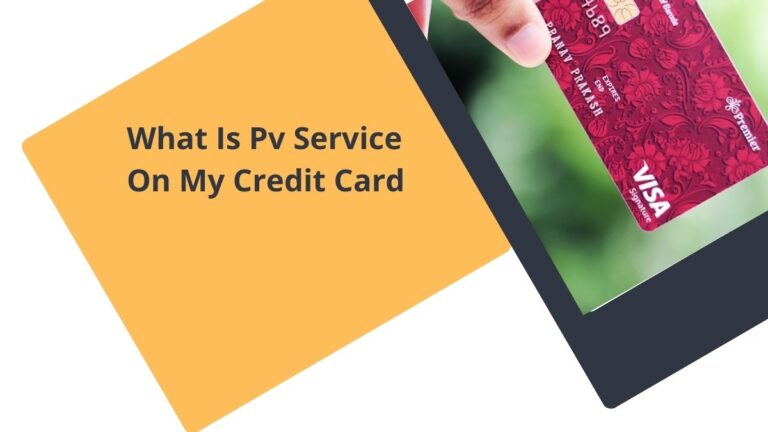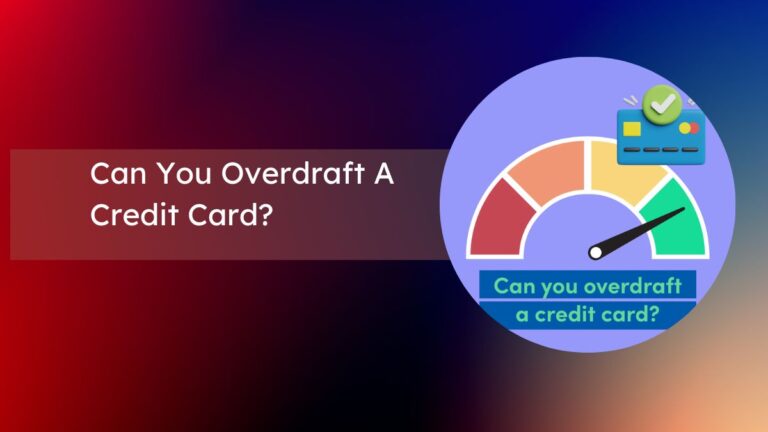Do Credit Cards Have Routing Numbers?
Have you ever wondered if credit cards have routing numbers? It’s a question that may seem baffling at first, but understanding the ins and outs of your financial tools is essential. Whether you’re new to the world of credit or have been using plastic for years, knowing how to find your credit card’s routing number can come in handy.
In this blog post, we’ll dive into the topic headfirst and explore what exactly a routing number is, why you need it, and how to uncover this elusive piece of information. So let’s get started on unraveling the mystery behind credit card routing numbers!
Do credit cards have routing numbers?
- Credit cards have become an integral part of our financial lives. They offer convenience, security, and the ability to make purchases with ease. But when it comes to routing numbers, many people are left scratching their heads. So, do credit cards actually have routing numbers?
- The answer is no. Unlike checks or bank accounts, credit cards do not have routing numbers. Routing numbers are unique nine-digit codes that identify a specific financial institution in the United States. They are used for various banking transactions such as direct deposits and electronic fund transfers.
- While credit cards don’t possess routing numbers themselves, they still rely on them for certain processes. For example, when you make a payment online using your credit card, the merchant may ask for your billing address and ZIP code to verify your identity and ensure that the transaction goes through smoothly.
- So if you’re ever asked for a routing number while trying to use your credit card online or over the phone, it’s important to clarify that credit cards don’t have one. Instead, provide the necessary information like your card number and expiration date to complete the transaction successfully.
- Understanding this distinction can save you from confusion and frustration down the line. Knowing which details are relevant can help streamline your interactions with merchants and prevent any unnecessary hurdles during payment processes.
- Now that we’ve established that credit cards do not possess routing numbers let’s explore how you can find other essential information linked to your plastic companion – such as account numbers or CVV codes – which play crucial roles in ensuring smooth transactions while safeguarding against fraudsters.
How to find your credit card’s routing number?
- If you’ve ever needed to provide your credit card’s routing number for a transaction or payment, you may have found yourself scratching your head in confusion. After all, routing numbers are typically associated with bank accounts, not credit cards. However, some financial institutions do assign routing numbers to their credit cards for specific purposes.
- To locate your credit card’s routing number, the first step is to check with your issuer. Contact the customer service department or visit their website for information on how to obtain this important piece of information. In most cases, it will be listed alongside other account details such as the card number and expiration date.
- Another way to find your credit card’s routing number is by looking at your monthly statement or online banking portal. Some issuers may include it there for easy reference.
- Keep in mind that not all credit cards have a designated routing number. It primarily depends on the policies and practices of the specific financial institution that issued your card.
- Finding your credit card’s routing number can be a bit confusing due to its association with bank accounts rather than traditional plastic payment methods. However, by reaching out to your issuer or checking relevant documents like statements and online portals, you should be able to locate this important piece of information when needed
What is a routing number and why do you need it?
- What is a routing number and why do you need it? It’s a question that many people have when it comes to their credit cards. A routing number is a nine-digit code used by financial institutions to identify where money should be sent or received during transactions. Think of it as the address for your bank account.
- Routing numbers are primarily used for electronic transfers, such as direct deposits and online bill payments. When you provide your routing number, along with your account number, you’re essentially giving instructions to the system on how to move funds from one place to another.
- But why do you need a routing number specifically for credit cards? Well, even though credit cards don’t have traditional bank accounts like checking or savings accounts, they still require a unique identifier in order to process transactions. That’s where the routing number comes into play.
- When making payments using your credit card, especially for online purchases or automatic bill payments, the routing number ensures that the transaction flows smoothly between different financial institutions involved in the process. It helps ensure that funds are transferred accurately and securely.
- So while credit cards may not have physical checks or traditional banking features like checking accounts do, having a routing number associated with your credit card can make managing transactions easier and more efficient.
- Understanding what a routing number is and why it’s needed can help demystify some of the complexities behind how money moves within our financial systems. So next time someone asks if credit cards have routing numbers, now you know!
Conclusion:
Understanding the concept of routing numbers and their significance is important when it comes to managing your finances. While credit cards do not have routing numbers like bank accounts do, they still play a crucial role in facilitating transactions.
Although you won’t find a specific routing number on your credit card, you can use other methods to identify the issuer and determine where your payment will be processed. Whether it’s by looking at the first six digits of your card number or contacting customer service, these methods can help ensure smooth transactions and provide peace of mind.
Remember, while credit cards offer convenience and purchasing power, it’s always essential to stay vigilant and protect yourself against fraudulent activities. Monitor your statements regularly for any unauthorized charges and report them immediately if necessary.
Even though credit cards don’t have routing numbers in the traditional sense, understanding how they function within the broader financial system empowers you as a consumer. By being aware of how payments are processed and knowing who to contact for assistance, you can navigate the world of credit with confidence.
So next time someone asks “Do credit cards have routing numbers?” You’ll know just what to say!






